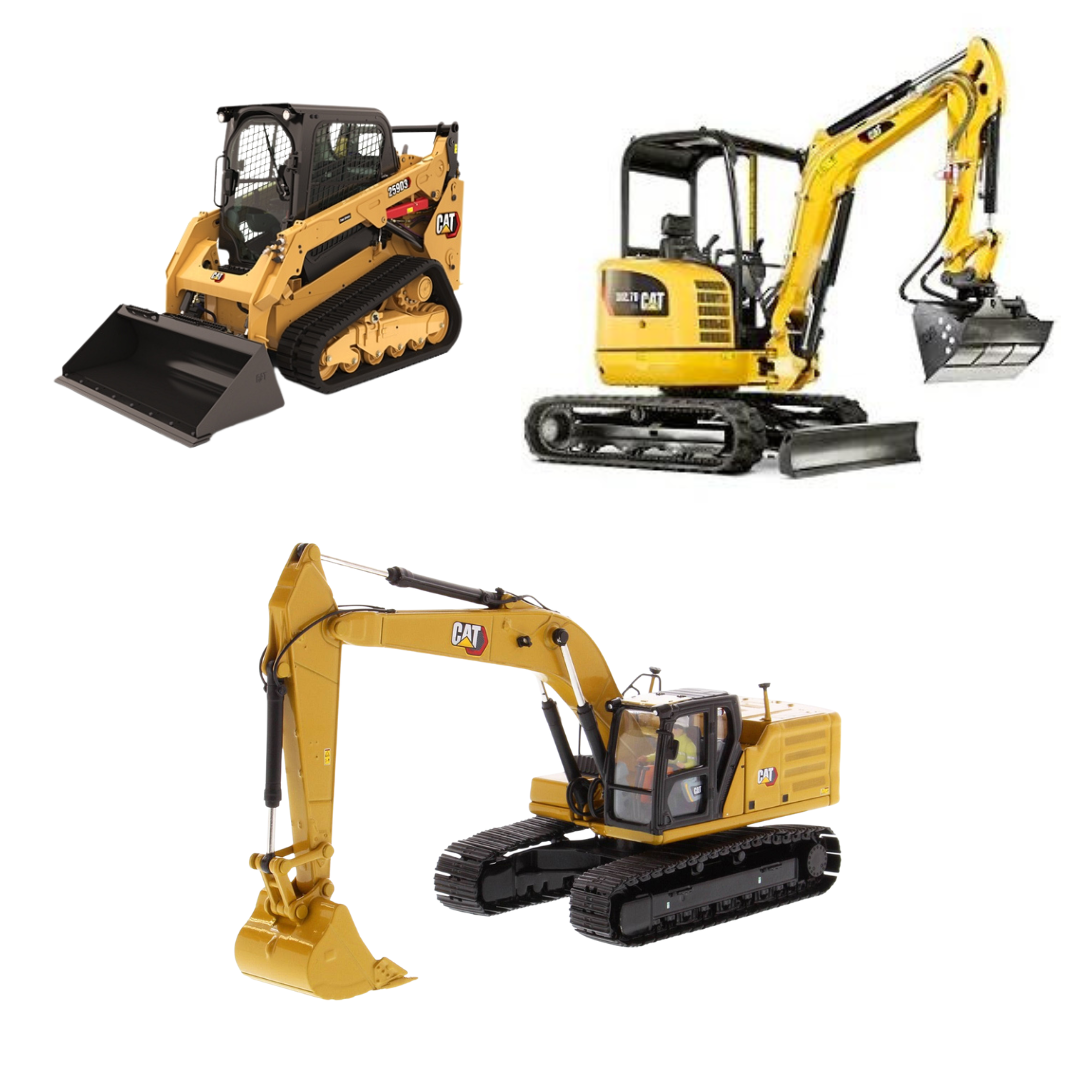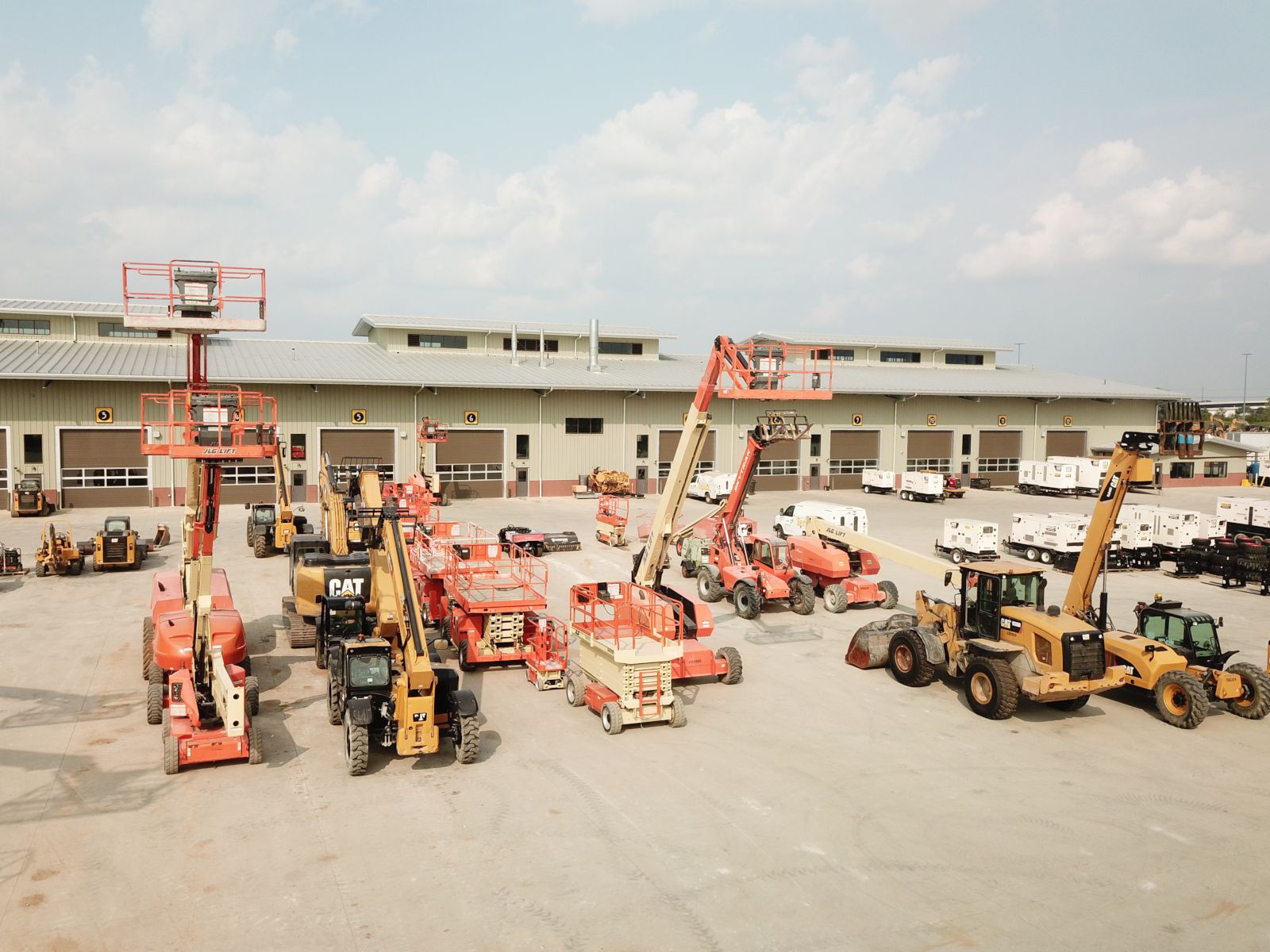Maximize Your Budget by Comprehending the Costs Associated With Construction Tools Leasings
Recognizing the full extent of costs associated with building equipment services is critical for optimizing your budget plan. While the preliminary rental fee might appear uncomplicated, numerous added costs-- such as transport, gas additional charges, and upkeep-- can rapidly gather, affecting your economic planning. Being conscious of numerous fees and the ins and outs of rental arrangements can help stay clear of unanticipated monetary concerns. What methods can be used to properly handle these prices and ensure a much more efficient rental experience?
Overview of Rental Expenses
When considering building and construction tools rentals, recognizing the connected expenses is critical for efficient budgeting and project preparation. Rental expenses can differ substantially based on a number of factors, including devices kind, duration of leasing, and area. The initial rental fee often shows the equipment's market demand and its associated functional capabilities, affecting the total expenditure.
Along with the base rental price, ancillary expenses may arise, such as transportation fees, fuel additional charges, and upkeep charges. It is important to account for these extra expenditures to accurately examine the complete cost of renting out equipment. Furthermore, the rental period can influence prices; longer services may get reduced rates, while temporary rentals may incur greater everyday fees.

Failure of Rental Rates
An extensive understanding of rental prices is necessary for professionals and task supervisors intending to optimize their budgets. Rental prices for building equipment typically include a number of parts, including base rates, time-based charges, and use charges.
Base prices are the core costs related to the service of the equipment, commonly figured out by the kind and size of the equipment. These prices can differ dramatically, influenced by factors such as equipment demand, accessibility, and regional market fads. Time-based costs, which may be daily, weekly, or monthly, serve to suit different task timelines and rental periods.
Additionally, rental prices may consist of usage fees, which are applicable when devices is used beyond a specified threshold, ensuring that the rental business can make up wear and tear. Seasonal demand fluctuations can additionally influence rental rates, with peak construction seasons generally regulating higher costs.
Additionally, understanding the rental company's plans concerning upkeep and insurance coverage can give additional insight into the overall cost framework. By analyzing these elements, contractors can make enlightened choices, making certain the choice of rental equipment lines up with both project requirements and budget constraints.
Additional Fees to Consider
Recognizing the intricacies of added charges is critical for service providers to handle their overall rental costs effectively. Beyond the basic rental rates, numerous auxiliary charges can substantially affect the overall cost of equipment service. These charges frequently include distribution and pick-up fees, which can vary based on range and logistics associated with delivering the devices to and from the task website.
In addition, some rental firms might Continued enforce gas additional charges if the tools is returned with much less gas than when rented out. It is likewise important to be mindful of possible cleansing costs, particularly for specialized devices that calls for detailed upkeep after use.

Extensively evaluating the rental arrangement and making clear these added fees ahead of time can help specialists ensure and prevent unexpected costs that budgets remain intact throughout the project lifecycle.
Upkeep and Repair Costs
Routine repair and maintenance expenditures are usually neglected factors that can substantially affect the general expense of construction tools services. When leasing tools, it is critical to think about not only the rental costs but additionally the possible expenses linked with maintaining the equipment in optimum operating problem.
Lots of rental business include basic upkeep as part of the rental contract; nevertheless, a lot more unexpected malfunctions or extensive repair services can lead to extra expenditures. It's necessary to examine the rental contract carefully to recognize what maintenance solutions are covered and what responsibilities drop on the tenant.
Moreover, equipment that is not properly maintained can lead to inefficiencies on duty website, possibly enhancing and triggering delays job expenses. To reduce these risks, it is a good idea to carry out normal inspections and preserve open interaction with the rental provider relating to any kind of issues that emerge throughout use.
Insurance Coverage and Responsibility Expenses
Insurance coverage and obligation prices are crucial parts that can significantly influence the total more tips here expenditure of building and construction tools leasings (rental company near me). These costs make sure that both the rental company and the customer are protected from possible financial losses emerging from mishaps, damages, or burglary during the rental period

Additionally, clients must know any type of deductibles or exclusions in the insurance coverage, as these can impact possible out-of-pocket expenses. Understanding the conditions of any type of insurance policy protection is important to stay clear of unforeseen expenses. Ultimately, budgeting for insurance coverage and responsibility expenditures can help make certain a smoother rental experience and shield versus financial risks connected with building and construction projects.
Conclusion
In conclusion, a detailed understanding of the costs linked with building devices rentals is important for efficient budget administration. Inevitably, educated decision-making pertaining to tools rentals contributes to the general success of building and construction endeavors.
Rental costs can vary substantially based on numerous aspects, including equipment type, period of service, and location (forklift rental). The rental period can affect pricing; longer leasings might certify for reduced rates, while temporary leasings could sustain higher everyday costs
By performing thorough research and involving with trustworthy rental business, professionals can properly navigate the intricacies of rental rates, eventually maximizing their monetary resources.
Beyond the conventional rental prices, numerous supplemental charges can significantly impact the complete cost of equipment leasing. Rental companies often supply obligation insurance policy that covers injuries to 3rd parties or damage to residential property, while equipment damages insurance policy can cover the price of repair services or replacement if the leased tools is harmed.